Foods High In Saturated Fat: 10 Culprits And Healthier Swaps
Boost your health by substituting these foods with the healthy alternatives picked for you.

Image: Shutterstock
Foods high in saturated fat are bad for your health. Excess consumption of saturated fat can cause heart disease and stroke. According to the World Health Organization, coronary heart disease and stroke claim the lives of more than 14.1 million people each year (1). However, you should not fully avoid saturated fats. Saturated fats should account for roughly 5% to 6% of total calories, according to the American Heart Association (2). Basically, you should keep your saturated fat intake to a minimum. Check out ten common foods high in saturated fats, as well as nutritional recommendations and the best substitutions. Scroll down!
In This Article
What Are Saturated Fats?
Saturated fats are fatty foods that are solid at room temperature. Due to the presence of single bonds – unlike the monounsaturated (one double bond) and polyunsaturated (multiple double bonds) fats – saturated fats have a higher melting point. Animal fat, cream, and cheese are a few examples of foods with saturated fats (3). So, how does saturated fat affect your health? Find out in the section below.
Key Takeaways
- Saturated fats are unhealthy dietary fats.
- Saturated fats increase cholesterol levels.
- Most dairy foods contain high amounts of saturated fats that can negatively impact heart health
- Processed meat has animal fat, and is high in sodium.
- Healthy fats are found in chia, flax, sunflower, and sesame seeds.
How Saturated Fats Affect Your Health?
Saturated fats affect the body by increasing the amount of bad or LDL cholesterol in it.
High levels of saturated fats from burgers, pizza, excess amounts of butter, animal fat, and the like leads to it. LDL cholesterol gets deposited on the walls of the arteries, thereby preventing the free flow of blood to and from the heart to various parts of the body. If LDL cholesterol levels are not kept in check, it can lead to a clogged artery that can cause a heart attack.
So, you see, saturated fats are only good in small amounts. Want to know which foods are high in saturated fats? Scroll down.

10 Foods High In Saturated Fats
1. Mayonnaise

Saturated Fat (100 g) – 12 g; 1 Tablespoon (14 g) – 1.6 g; 1 Teaspoon (5 g) – 0.36 g
Who doesn’t love a dollop of silky smooth mayonnaise in salads, sandwiches, and wraps! It has a magical property of turning a boring salad into a delicious one. But the problem is the amount of saturated fats present in it. Plus, because of its creamy texture and feel-good taste, we all tend to overconsume it. The best way to consume it is to prepare low-cal salad dressing with olive oil, use cottage cheese or Greek yogurt in sandwiches and wraps, and to eat no more than 2 tablespoons of it per day.
2. Butter
Saturated Fat (100 g) – 51 g; 1 Tablespoon (14.2 g) – 7 g; 1 Teaspoon (4.7 g) – 2 gButter smells and tastes so great that it is almost impossible to eliminate it from our lives.
But here’s the thing. Unless you start consuming it in limited amounts, you will end up paying for fixing your “broken” heart. If you look at the saturated fat content of butter, it is way higher than mayonnaise. That’s why you must consume as little butter as you can. Have 1-2 teaspoons of butter per day. Alternatively, you can also try avocado, known for its butter and creamy texture.
3. Animal Fats

Saturated Fat (100 g) – 39 g; Per Tablespoon (14 g) – 4.55 g; Per Teaspoon (4 g) – 2 g
Meat drippings, lard, chicken fat, duck fat, goose fat, and lamb fat are all animal fats that apparently take the taste quotient of any dish to the next level. And if you are not careful enough, it has the full potential to take you to the upper level (if you know what I mean)! I know it does taste good, but why not find a substitute that’s lower in saturated fats and good for your health? Use herbed oils and homemade ghee instead of the animal fats mentioned above.
4. Cheese
Saturated Fat (100 g) – 21 g; 1 Cubic Inch (17 g) – 3.6 g; 1 Slice (1 oz) – 6 g
It’s easy to overconsume cheese. Especially when you can have it with bread, in salads, as a dip, fried, or just nibble it. Though cheese has many beneficial nutritional qualities, overconsuming it can put your heart health at risk. In just a slice of cheese, you get half the daily recommended amount of saturated fat! Now, think about the amount of cheese used in pizzas and burgers. Slash the amount of cheese you consume per day and workout regularly to keep your heart fit. You can also replace regular cheese with a reduced-fat version.
5. Whipped Cream

Saturated Fat (100 g) – 23 g; 1 Tablespoon (15 g) – 3 g; Per Teaspoon (5 g) – 0.36 g
Ahh, this must be a tough list for you! Everything delicious is on this list. But hey! Sometimes, it is better to hear the bitter truth and correct yourself than regretting later. The much-loved whipped cream has high saturated fat content and can make you gain weight quickly. Consume sour cream instead of whipped cream or avoid it to prevent your health from going down south. You may also try healthier alternatives like Greek yogurt and whipped Aquafaba.
6. Processed Meat
Saturated Fat (100 g) – 14.9 g; 1 Ounce (28 g) – 1.6 g; 3 slices (5 g) – 6 g
Processed meat like sausage, salami, bacon, and chorizo are high in sodium and saturated fats. Additionally, processed meats contain animal fat, which also puts them on the unhealthier side when consumed in excess amounts regularly. Consume mushrooms, boiled lentils, tofu, beans, and lean meat like chicken breast to get protein instead of processed fatty meats. Similarly, it is also advised to refrain from consuming too much red meat due to its high saturated fats concentration.
 Quick Tip
Quick Tip7. Brazil Nuts
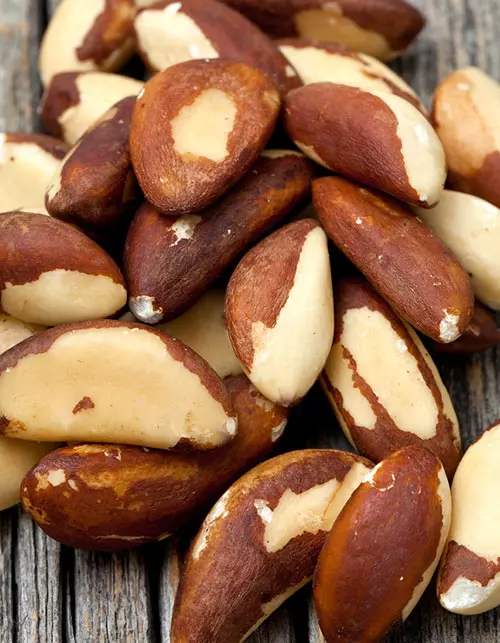
Saturated Fat (100 g) – 15.1 g; 1 Cup (133 g) – 20.1 g; 1 Ounce (28 g) – 4.2 g
Brazil nuts have the highest amount of saturated fats. Though they have good nutritional qualities, you can easily over-consume them because they taste buttery and yummy. Consume other healthier nuts like almonds, walnuts, macadamia, pine nuts, and pistachios. Be sure to consume just a handful of these nuts per day.
8. Dried And Sweetened Coconut
Saturated Fat (100 g) – 57 g; 1 cup (93 g) – 29 g; 1 Ounce (28 g) – 16 g
Do you like to top your smoothie bowl with a generous amount of dried and sweetened coconut shavings? Or do you regularly have delicious sweets made of dried coconut? Well, dried coconut may not be as healthy as tender coconut or even coconut oil. Especially because it contains a high amount of saturated fat. You may consume about 1-2 tablespoons of dried coconut once or twice a week to prevent saturated fat overload in your body.
9. Deep Fried Foods

Saturated Fat (100 g) – 17 g; 1 Ounce (28 g) – 4.6 g; Per Teaspoon (5 g) – 0.36 g
Here comes your worst nightmare – NO FRIED FOODS! Kidding. We all crave fried, crunchy, comfort food once in a while. But the problem arises when you make them your breakfast, lunch, dinner, and snack! Fried foods are known for their high saturated and trans fats content and the ill effects they have on health. Fried foods like French fries, fryums, fried chicken, and batter-fried foods are not at all healthy and should be avoided. If you have cravings, make guilt-free shallow-fried foods and use olive oil to make them healthy and super tasty. If you do not wish to use oil at all, make air-fried versions of your favorite recipes.
 Quick Tip
Quick Tip10. Cake
Saturated Fat (100 g) – 5-15 g; 1 cake (1 kg) – 62 g; 1 piece (14 g) – 6 g
This is my worst nightmare! Cakes and pastries may be instant mood lifters, but they are also LDL or bad cholesterol level lifters. Of course, if you have them once or twice a month and follow a good lifestyle, your heart will not be at risk. But if you are sedentary and eat a piece of cake very often, you are in trouble. Limit your cake intake, especially the ones that have icing on top. If possible make a healthier version of cakes at home by using low-cal dark brown sugar, multigrain flour, and natural sweeteners like honey. You may even skip the cake altogether and choose healthy dessert options, such as chia pudding, frozen fruits, and baked apples.
Finally, these are the saturated fat examples that you need to be aware of.
So, it is quite clear from this list that you have to be careful while consuming foods that you know in general are not so healthy. And it is here where portion control comes into the picture. Now, there are other fatty foods that are actually good for you. These have one or many double bonds and are mostly liquid at room temperature. Take a look at the next section to know which healthy fats you can consume.
Healthy Fats You Can Consume
Here’s the list of healthy sources of fats that are beneficial for your health:
- Fish oil
- Flax seeds
- Sunflower seeds
- Olive oil
- Ghee
- Avocado
- Sesame seeds
- Chia seeds
- Salmon
- Mackerel
- Full-fat milk
- Homemade ricotta cheese
Scroll to the next section for some tips to reduce your intake of saturated fats.
Tips To Reduce Fat Intake
- Opt for skinless poultry, lean cuts of meat, and low-fat dairy products.
- Use cooking methods like grilling, baking, or steaming instead of deep frying.
- Include more fruits and vegetables in your meals, as they are naturally low in fat and high in nutrients.
- Read food labels to avoid high-fat products, especially those containing trans fats or hydrogenated oils.
- Limit your consumption of processed and fast food, as they contain hidden fats and are high in calories.
- Be mindful of portion sizes; use smaller plates and avoid going for seconds.
- Replace high-fat condiments like ketchup with healthier options like mustard or salsa.
- Cook with healthier fats like olive oil or canola oil instead of butter or lard.
- Instead of using too much oil for enhanced taste, experiment with different herbs and spices to boost the flavor of your recipes.
Infographic: Top 5 Foods Rich In Saturated Fats
Excess consumption of foods rich in saturated fats increases the risk of cholesterol, heart disease, and stroke. But that does not mean you completely cut them out of your diet. The key is to consume them in limited amounts. Check out the infographic below for a list of common foods rich in saturated foods you should know about.
Some thing wrong with infographic shortcode. please verify shortcode syntaxOur body requires many nutrients for its healthy functioning. However, certain components in our foods may do more harm than good. One such component is saturated fat. It may increase LDL or bad cholesterol levels, elevating the risk of cardiovascular disorders. Foods high in saturated fats include mayonnaise, butter, cheese, ice cream, deep-fried foods, processed snacks, and cakes. Certain oils like palm oil are also high in saturated fats and thus can be avoided. Reduce their intake and substitute them with their healthier plant-based counterparts for better overall health.
Frequently Asked Questions
Which saturated fats are healthy?
Nuts, cheese, meat, eggs, whole milk, and avocados are some healthy sources of saturated fat that can be included in your diet in moderation.
Are eggs high in saturated fat?
No, though eggs contain some amount of fats, only a quarter of its total fat content comprises saturated fat.
Does saturated fat cause belly?
Yes, excess saturated fat tends to deposit around the waist and liver, increasing waist circumference and belly fat.
Are vegetables low in saturated fat?
Yes, most vegetables are low in saturated fat.
Learn about saturated fats and their sources. Click on this video to discover how they can negatively affect your health and what foods to avoid at all costs.
References
Articles on StyleCraze are backed by verified information from peer-reviewed and academic research papers, reputed organizations, research institutions, and medical associations to ensure accuracy and relevance. Read our editorial policy to learn more.
- World Health Organization
https://www.who.int/news-room/fact-sheets/detail/cardiovascular-diseases-(cvds) - American Heart Association
https://www.heart.org/en/healthy-living/healthy-eating/eat-smart/fats/saturated-fats - Facts about saturated fats
https://medlineplus.gov/ency/patientinstructions/000838.htm
Read full bio of Kristen Arnold
Read full bio of Arshiya Syeda
Read full bio of Payal Karnik








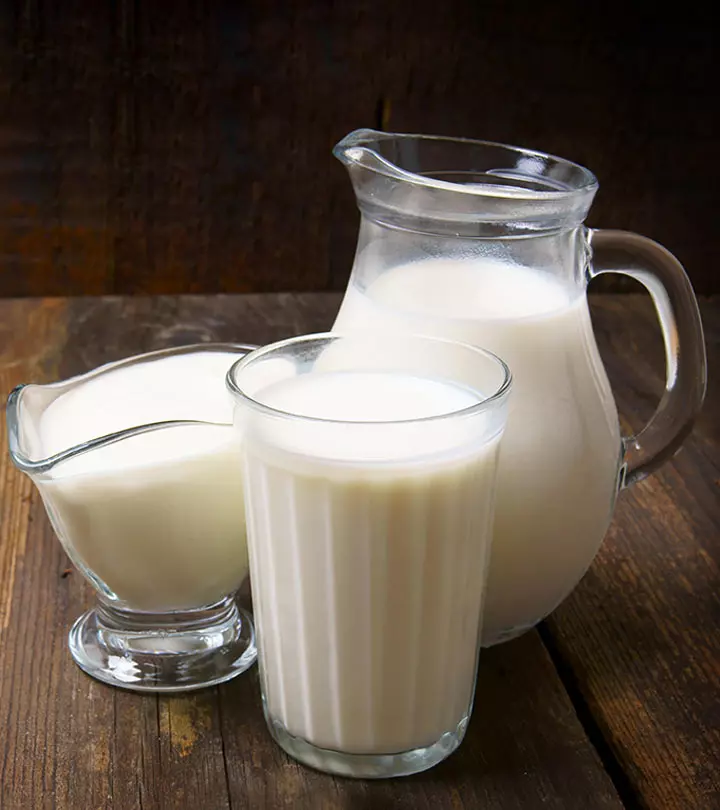
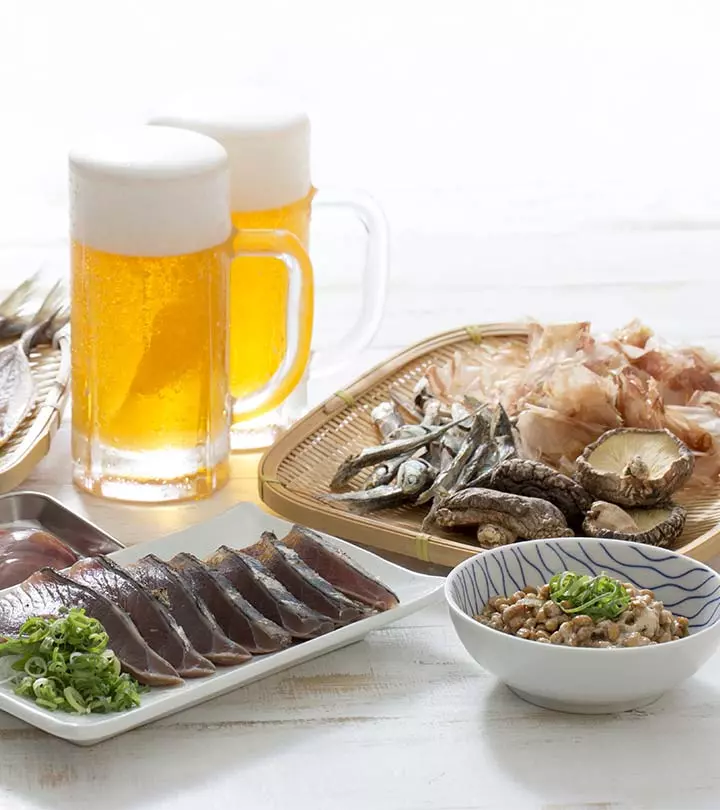
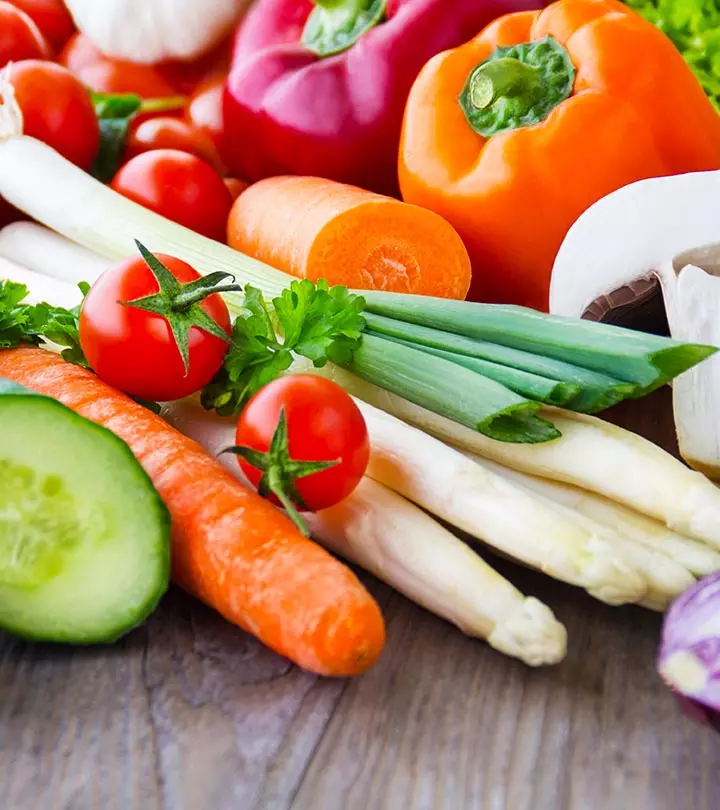
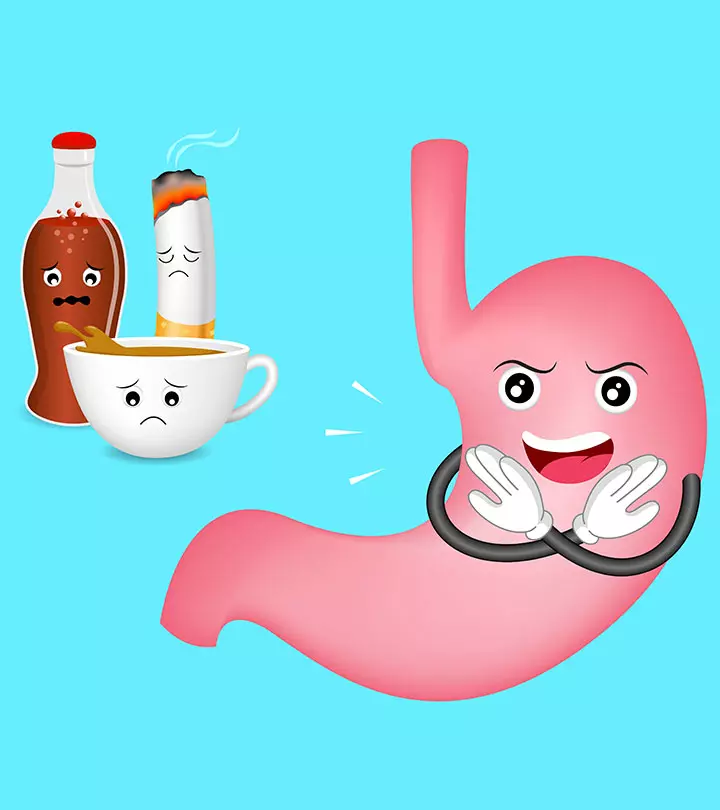
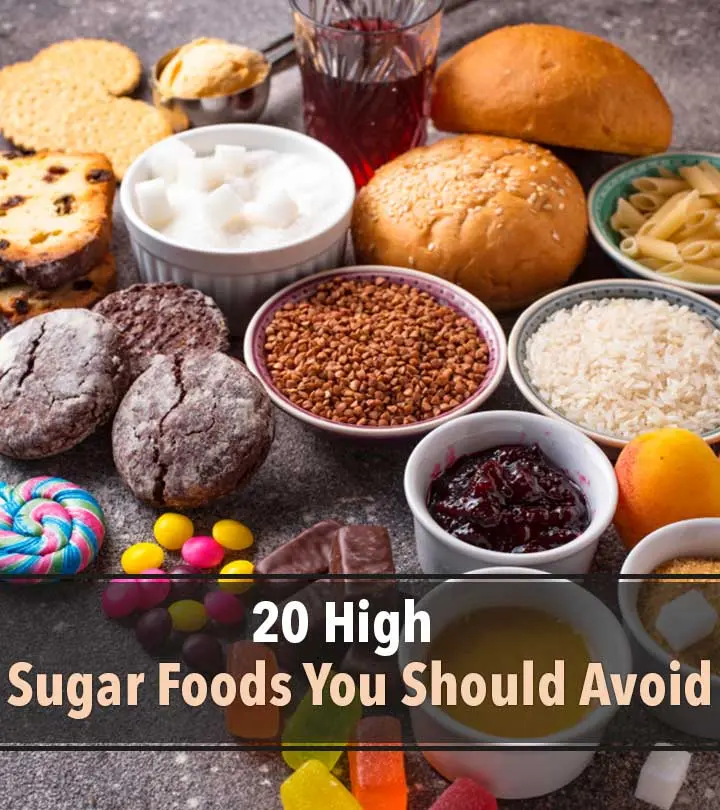



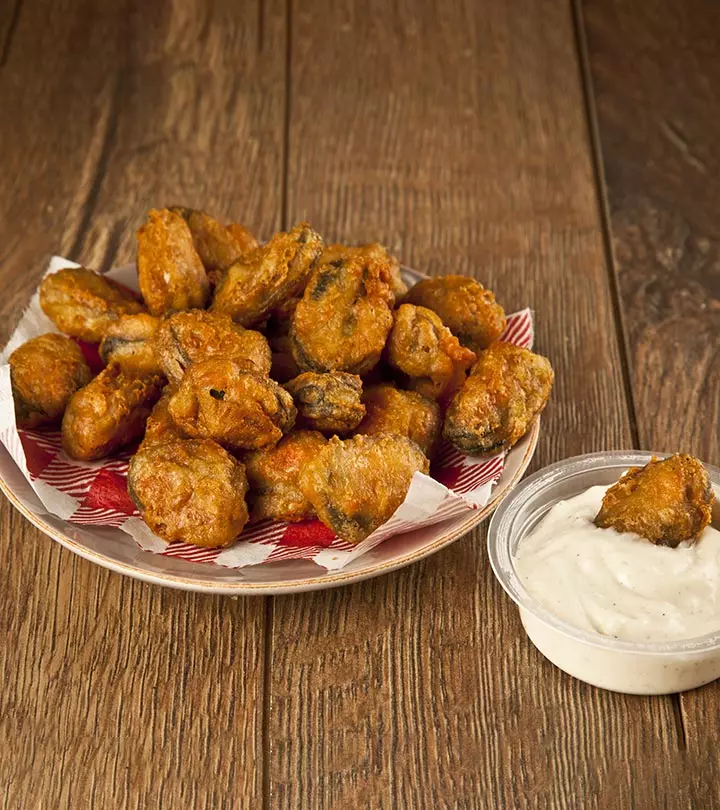
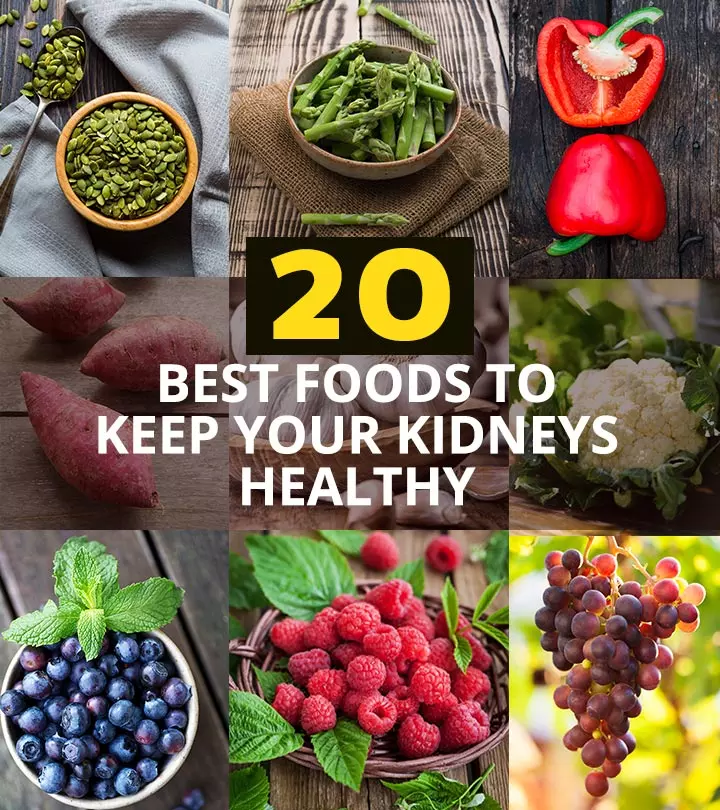

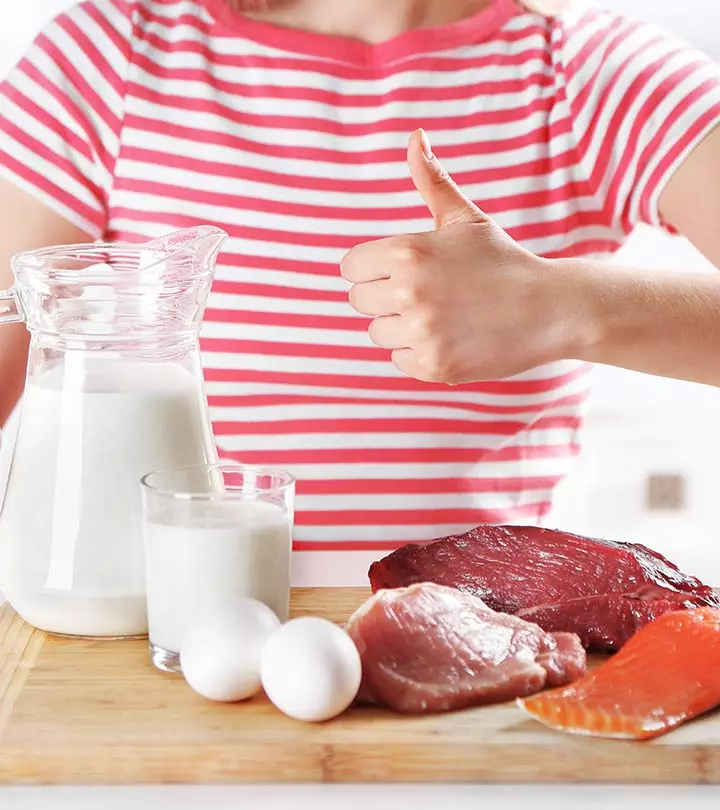
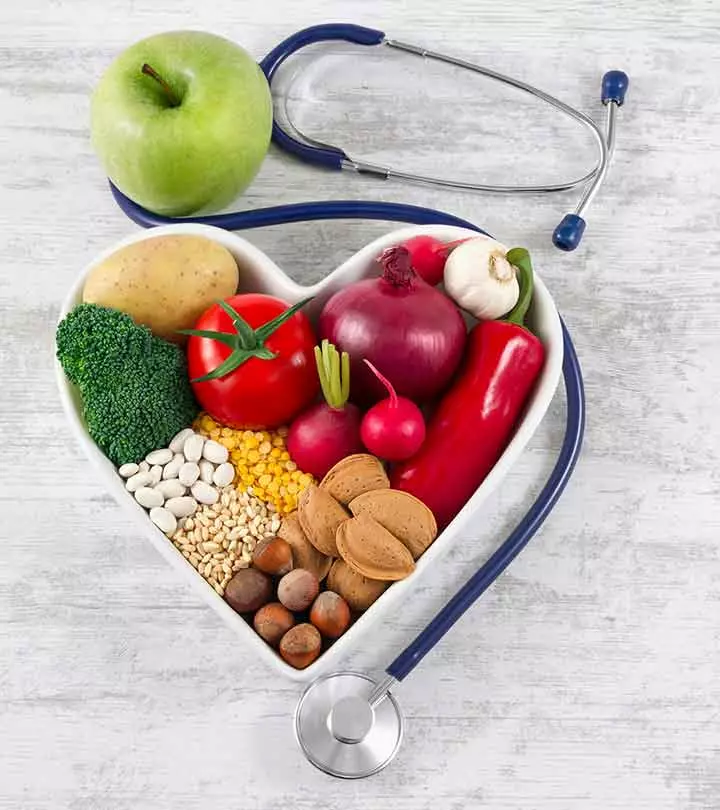
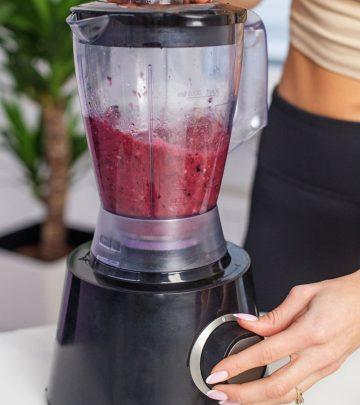

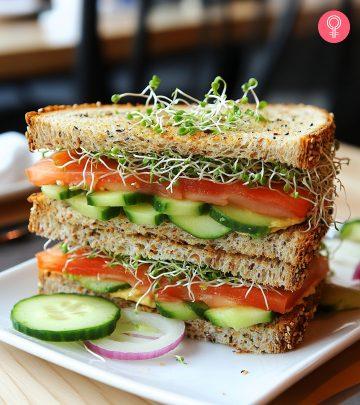

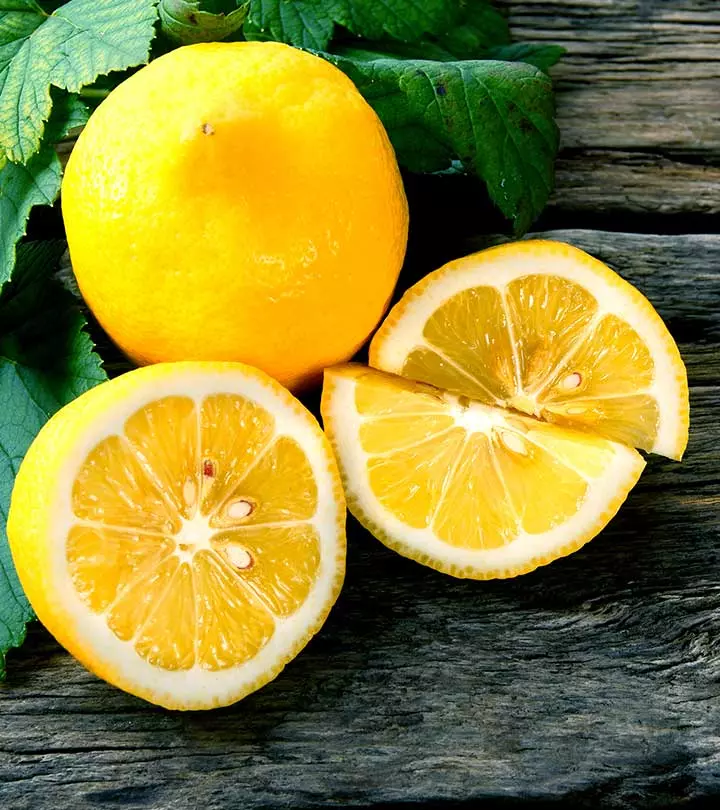
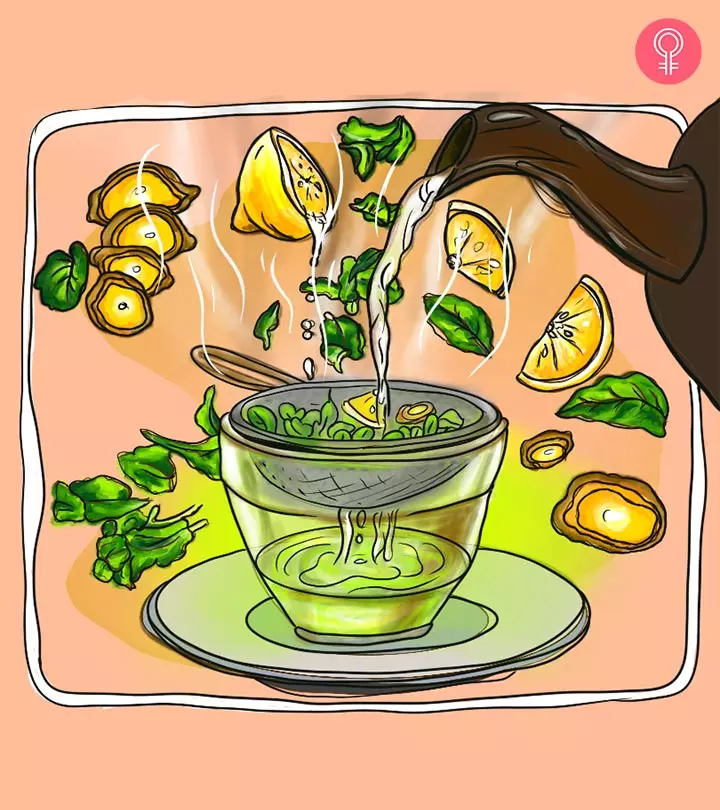
Community Experiences
Join the conversation and become a part of our empowering community! Share your stories, experiences, and insights to connect with other beauty, lifestyle, and health enthusiasts.